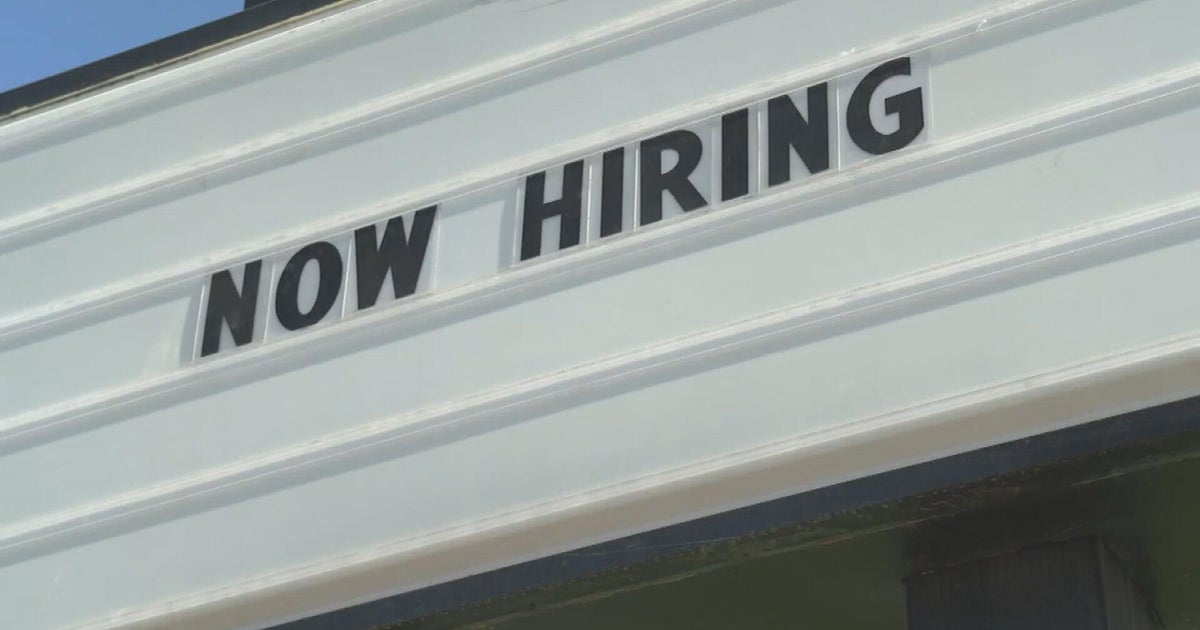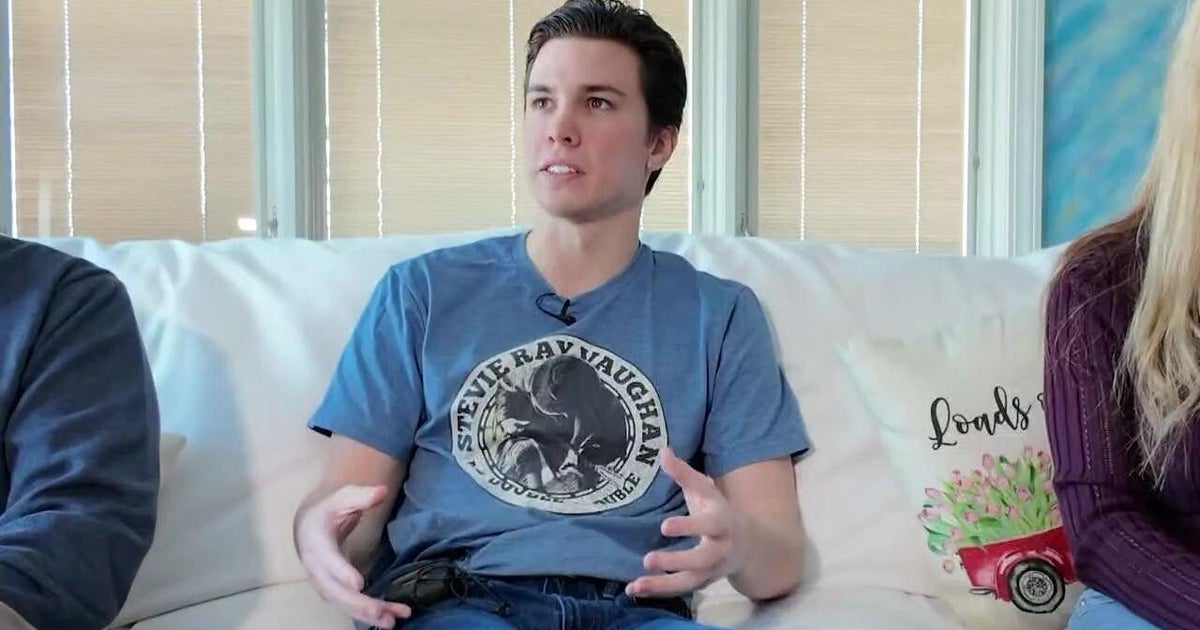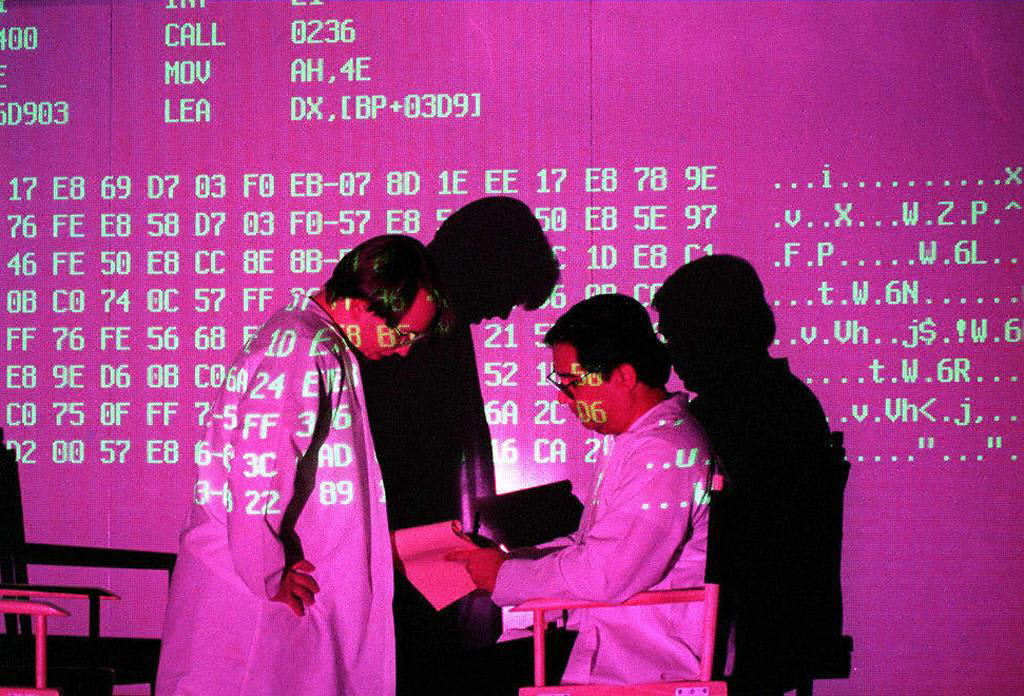Educators say they are working with, not against, AI in the classroom
Come fall, there will be a new student in many classrooms: A version of artificial intelligence, or a large language model (LLM) like ChatGPT that can mimic human intelligence.
While several school districts have outright banned students from using AI, other institutions are asking teachers to use their own discretion. And rather than trying to work against AI, some educators are willingly bringing it into the classroom.
"My opinion is that it is my obligation and responsibility to expose and immerse students in these generative AI tools," Dan Wang, a sociology professor at Columbia Business School told CBS MoneyWatch. He said the university has left it up to instructors to decide how to work with or against AI.
For his part, Wang is encouraging, and even requiring that his students use AI to complete their coursework.
- AI has a giant carbon footprint. Can the technology also fight climate change?
- Nvidia riding high on explosive growth in AI
- Rise of AI has actors fearing for their jobs
"The reason why is because the MBA students I teach are going to be entering the workforce in about 10 months, and they'll often be working within companies and organizations that encourage employees to make use of generative AI tools," Wang said.
Benefits and constraints
Wang noted that he has colleagues who have taken the opposite tack, choosing instead to restrict students from using AI as much as possible.
But Wang considers that to be a losing battle on multiple fronts. For one, he says the technology is impossible to completely rein in. Second, he believes in attempting to do so, he would be doing his students a disservice.
"The classroom is the place to help students understand the advantages and benefits of tools and, through their own use of them, their constraints," Wang said. "The more students understand what they can and can't use these tools for, the more comfortable they'll be doing so in the workplace."
Assignments he gives require students to use AI platforms as research assistants, for example.
"In my class, most assignments and exercises done in class and outside feature some aspect of generative AI that's required," he said. "They range from interaction with personas that have been trained on custom generative AI models and using AI as a creative assistant."
What he won't do, however, is rely on AI to grade or otherwise evaluate his students' work.
"I want students to know I care a lot about their work and I'm giving every attention I can spare to the work they submit," he said.
"Dead-end game"
Graham Glass, an AI expert and founder and CEO of Cypher Learning, a company that provides AI-powered learning platforms for school and businesses, agrees that trying to curb AI's use is a losing battle.
The solution, as he sees it, is to "change how student work is evaluated."
"Vetting a student essay phrase by phrase, searching for pilfered or artificially manufactured language, is a dead-end game," he told CBS MoneyWatch. "There is no payoff in a tit-for-tat escalatory conflict pitting crafty students against overworked instructors. Students will always be tempted to 'let ChatGPT do it,' and no policing software will be an airtight deterrent."
He advises instructors to consider how AI can be an additive.
"I think enlightened educators will say things like, 'a requirement of this course is that you use AI, because the kinds of assessments I will give you, you can't do without it.'"
If he were teaching a class, as opposed to assigning students an essay to write, Glass would ask them to write a book, with the help of an AI assistant, of course.
"I'd say write an entire book with 15 chapters, an epilogue, prologue, and get five other students in the class to review it for originality, believability and writing style," Glass said.
This will force students to think creatively about how to employ AI, including what prompts to feed it.
"It gets them used to what's possible when humans team up with AI," Glass said. "It pushes them to be more creative than ever before, while also preparing them for the age of AI."



